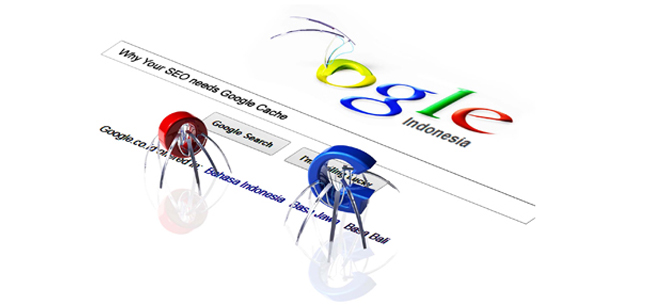Web Blog
Cache Methodologies in WordPress

If you use WordPress as your web presence and are concerned about speeding up your website, then caching will help you a lot. For WordPress users, the easiest and quickest way to implement a caching system is by the use of a WordPress plug-in. One excellent thing with WordPress is, it has got a plenty of plugins which helps in enhancing the functionality of any website.
There are several WordPress cache plugins out there, following are few most popular, highly recommended ones.
- W3 Total Cache
- WP File Cache
- Memcached Object Cache
- APC Object Cache
- WordPress Redis Object Cache
There are many ways to make your website faster, but it is always a good idea to use multiple caching methods and techniques. It is important to understand what is caching and how it works. And, of course how much you want to gain with caching (All in one line/sentence – It’s the way to make the site faster)
What is Caching?
- Serve static content to the visitor without querying the database.
- Don’t generate the content each and every site. It means avoid sending the request to server.
- Reduce the API calls, if you are using any API.
Why do we use Cache?
Caching is the fastest way to improve performance. When someone visits one of your pages, they need to request a lot of information from your web host. They need to send a request for images, Javascript, and CSS. They also have to retrieve your content from the WordPress database. All of these contributes to your total page loading time.
Cache Methodologies in WordPress:
1. Persistent: This depends on the database to work, and the cached data will expire automatically after some time. (WordPress uses this to cache RSS feeds, update checks, etc.)
2. Non-persistent: The data remains in the cache during the loading of the page. (WordPress uses this to cache most database query results).
Types of Caching:
- Page Cache – Whole page as static content.
- Query Cache – Cache SQL query results.
- Object Cache – Valid for only one page load.
- Fragment Cache – Cache a fragment of a page, this could be your widgets, menu bar, and other query related parts.
- Browser Cache – Cache page assets. (i.e HTTP Cache-Control. Expiry Headers, Entity Tags)
- Opcode Cache – PHP executes faster (i.e : php-apc + W3 Total Cache)
So, the beauty of Cache is to provide the best performance with the least amount of work required. Check all the available Plugins, methods and decide what you need and what to use.
